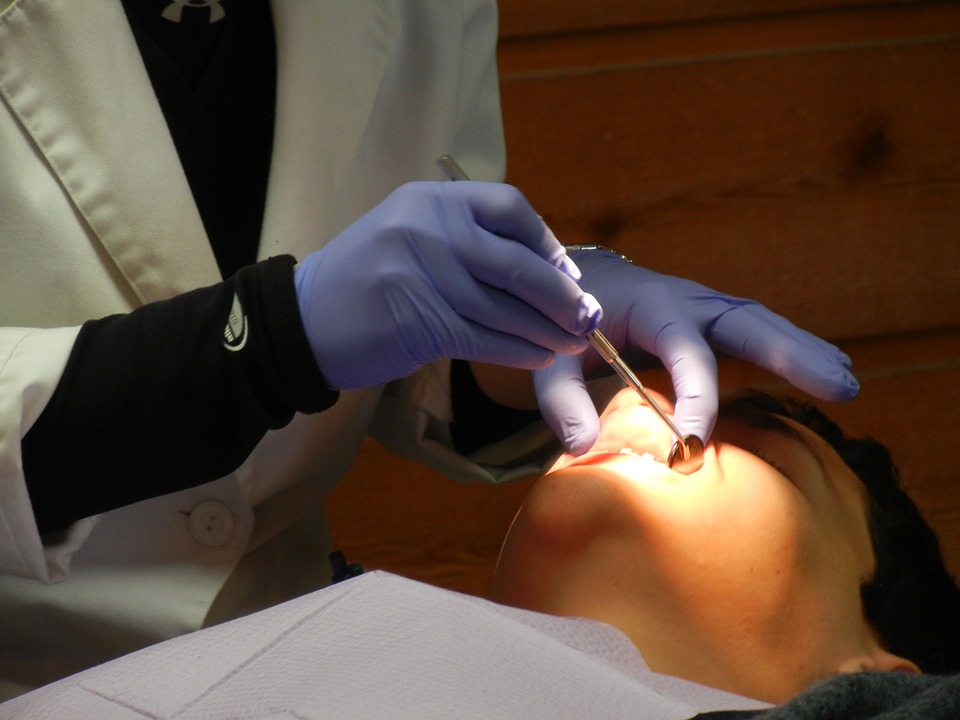It is normal to have a significant amount of bacteria in your mouth. For most people, it does not give or cause any dental problems. For others, however, any additional bacteria in the mouth can lead to serious infections in their mouth. Your endodontist in Mississauga can assess your risk and determine if you would need an antibacterial prophylactic after a dental procedure. Here are some information that you need to know on when endodontists recommend antibacterial prophylactics
What Does an Antibacterial Prophylactic Prevent?
An antibiotic prevents bacterial endocarditis, also called infective endocarditis. This is an infection of the endothelial heart surfaces or heart valves, and it can be deadly. It can occur after a dental procedure that leads to bleeding in the mouth.
Who Is At Risk?
You may be at risk for the infection if you have a history of heart trouble. This includes problems like congenital heart disease, conditions that lead to abnormalities in the cardiac valves, and valve leakage caused by mitral valve prolapse. You are also at risk if you have undergone cardiac valve surgery or you previously suffered from bacterial endocarditis.
Others at risk include patients who have recently received joint replacement surgery, suffer from type 1 diabetes, hemophilia, sickle cell anemia, and any conditions that require chronic steroid therapy, have an immune deficiency (especially when due to cancer treatment, lupus, rheumatoid arthritis, or HIV), or have had an organ transplant.
Procedures That Require Antibiotic Prophylaxis
You should talk to your endodontist Mississauga about your potential risk for bacterial endocarditis before you receive root canal therapy, a surgical tooth extraction, or other types of surgery as well as anything else that may lead to bleeding. Your endodontist will take your full medical history into consideration and, even if you have a minor risk of a serious infection, will likely recommend antibiotics.





